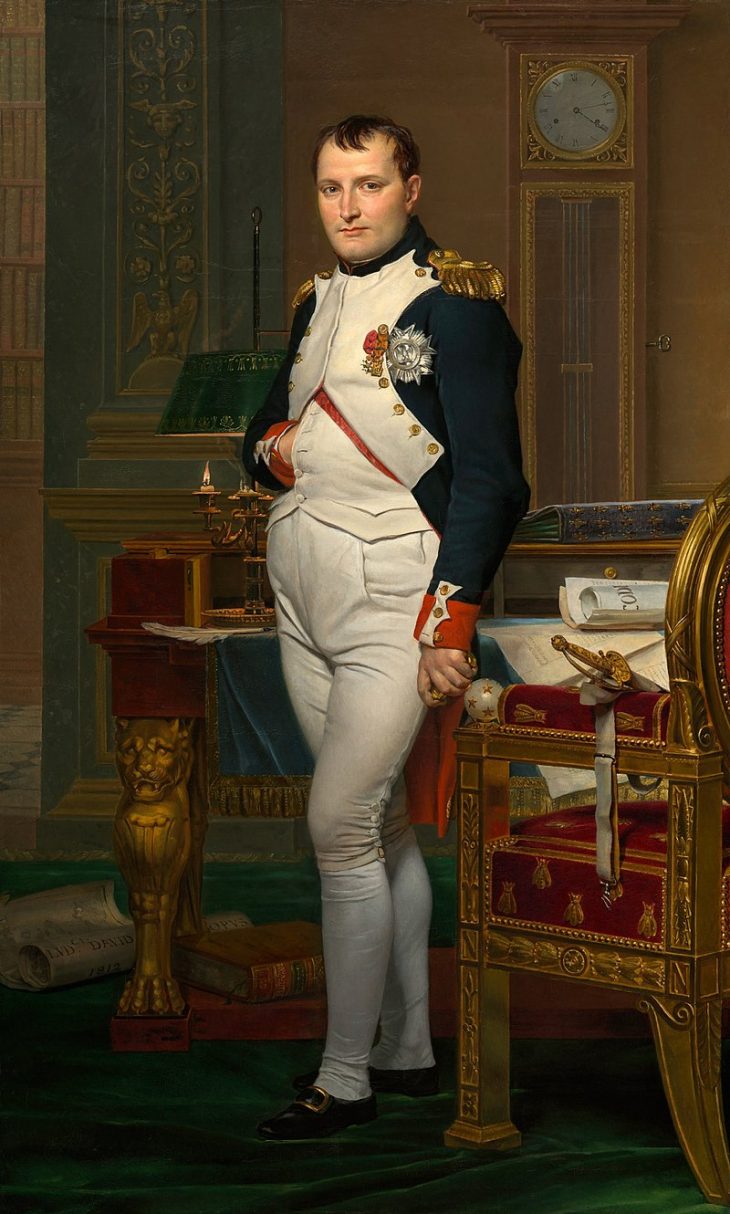
Word of the Day: Aphorism
Word of the Day: Aphorism
An aphorism is, according to Mirriam-Webster, “a concise statement of a principle; a terse formulation of a truth or sentiment” or “an ingeniously terse style of expression.” According to www.etymonline.com, the word comes from “from Middle French aphorisme …, from Late Latin aphorismus, from Greek aphorismos ‘definition; short, pithy sentence,’ from aphorizein ‘to mark off, divide,’ from apo ‘from’ (see apo-) + horizein ‘to bound’ (see horizon).” The etymology website also says the following by way of making distinctions: “General sense of ‘short, pithy statement containing a truth of general import’ (e.g. ‘life is short, and art is long’) is from 1580s in English. Distinguished from an axiom, which is a statement of self-evident truth; an epigram is like an aphorism, but lacking in general import. Maxim and saying can be used as synonyms for aphorism, but maxims tend to be practical and sayings tend to be more commonplace and have an author’s name attached.”
Poor Richard’s Almanack was full of aphorisms, like “A stitch in time saves nine,” and “Early to bed, early to rise, makes a man healthy, wealthy, and wise.” One of my favorites from Ben Franklin is “Guests, like fish, smell after three days.”
This one has a name attached to it, but it is not commonplace, so I suppose it should be considered an aphorism: “Power tends to corrupt, and absolute power corrupts absolutely.” This now-famous bit of wisdom actually comes from a letter written by John Emerich Edward Dalberg, Lord Acton, to Bishop Mandell Creighton in 1887. The correspondence addressed Creighton’s contention that historians should judge political and religious leaders differently from other men. The paragraph in full reads thus:
“I cannot accept your canon that we are to judge Pope and King unlike other men, with a favourable presumption that they did no wrong. If there is any presumption it is the other way against holders of power, increasing as the power increases. Historic responsibility has to make up for the want of legal responsibility. Power tends to corrupt and absolute power corrupts absolutely. Great men are almost always bad men, even when they exercise influence and not authority: still more when you superadd the tendency or the certainty of corruption by authority. There is no worse heresy than that the office sanctifies the holder of it. That is the point at which the negation of Catholicism and the negation of Liberalism meet and keep high festival, and the end learns to justify the means. You would hang a man of no position, like Ravaillac; but if what one hears is true, then Elizabeth asked the gaoler to murder Mary, and William III ordered his Scots minister to extirpate a clan. Here are the greater names coupled with the greater crimes. You would spare these criminals, for some mysterious reason. I would hang them, higher than Haman, for reasons of quite obvious justice; still more, still higher, for the sake of historical science.”
On this date in 1799, Napoleon Bonaparte pulled off a coup and had himself declared First Consul of French Republic. Five years later he would crown himself Emperor. Napoleon, as we know him, is one of the great heroes of French history, though I cannot tell you why. Yes, he created the Napoleonic Code, but he also led the men of France into wars through the decade that he ruled the country. Tens of thousands of men, maybe hundreds of thousands, died because Napoleon wanted to conquer Europe. And that does not count the many women and children who suffered poverty and possibly death because their husbands and fathers were engaged in these wars.
Martin Lyons, in Napoleon Bonaparte and the Legacy of the French Revolution (1994), describes the gradual process by which Napoleon consolidated his rule, first having to negotiate with the people who helped him to power, then with the religious leaders, and then with the legislature. It took him about five years to gain complete authority. Lyons calls the period from 1799 to 1804 the dictatorship by plebiscite. A plebiscite is “a direct vote of the qualified voters of a state in regard to some important public question,” so it’s like saying that Napoleon engaged in an early form of “democratic socialism.”
The French Revolution was designed to eliminate a tyrannical regime, the Bourbon royal regime. Sadly, the people of France were not really prepared for genuine freedom, so they replaced King Louis XVI with a series of governments, concluding with that of Emperor Napoleon. Sadly, each new government became progressively more perverse and more tyrannical. Although the ideals of the French Revolution, as can be seen in the Declaration of the Rights of Man, were sound, each new government became more violent and more authoritarian than the previous one had been.
So what happened, if the beginning of the Revolution was sincere and profound. Clearly, Lord Acton’s aphorism applies: “Power tends to corrupt, and absolute power corrupts absolutely.” Interestingly, this aphorism applies in all kinds of situations, whether they be political, professional, or religious. Power corrupts popes, kings, and tyrants, but it also corrupts CEOs, cops, and even college presidents.